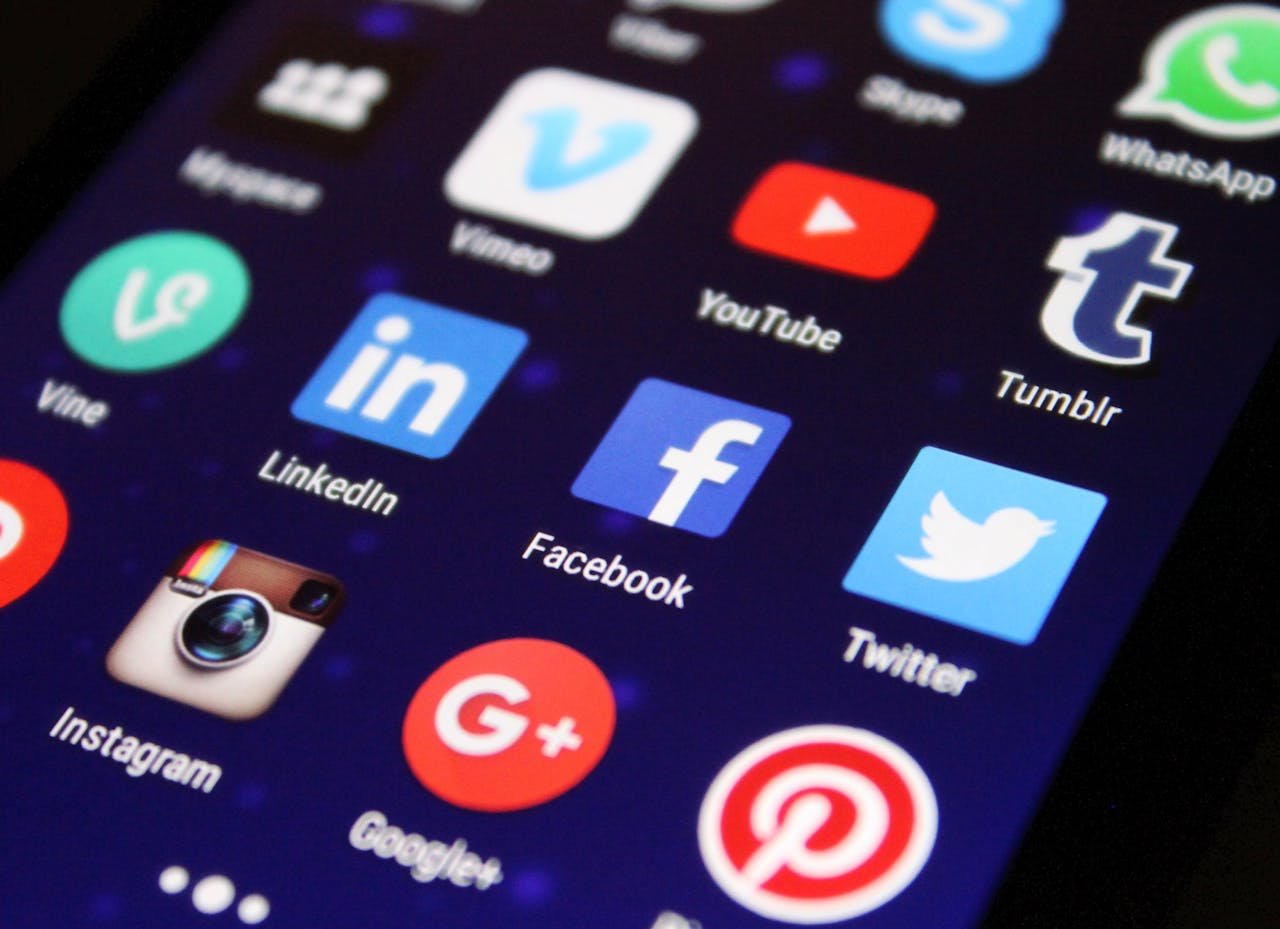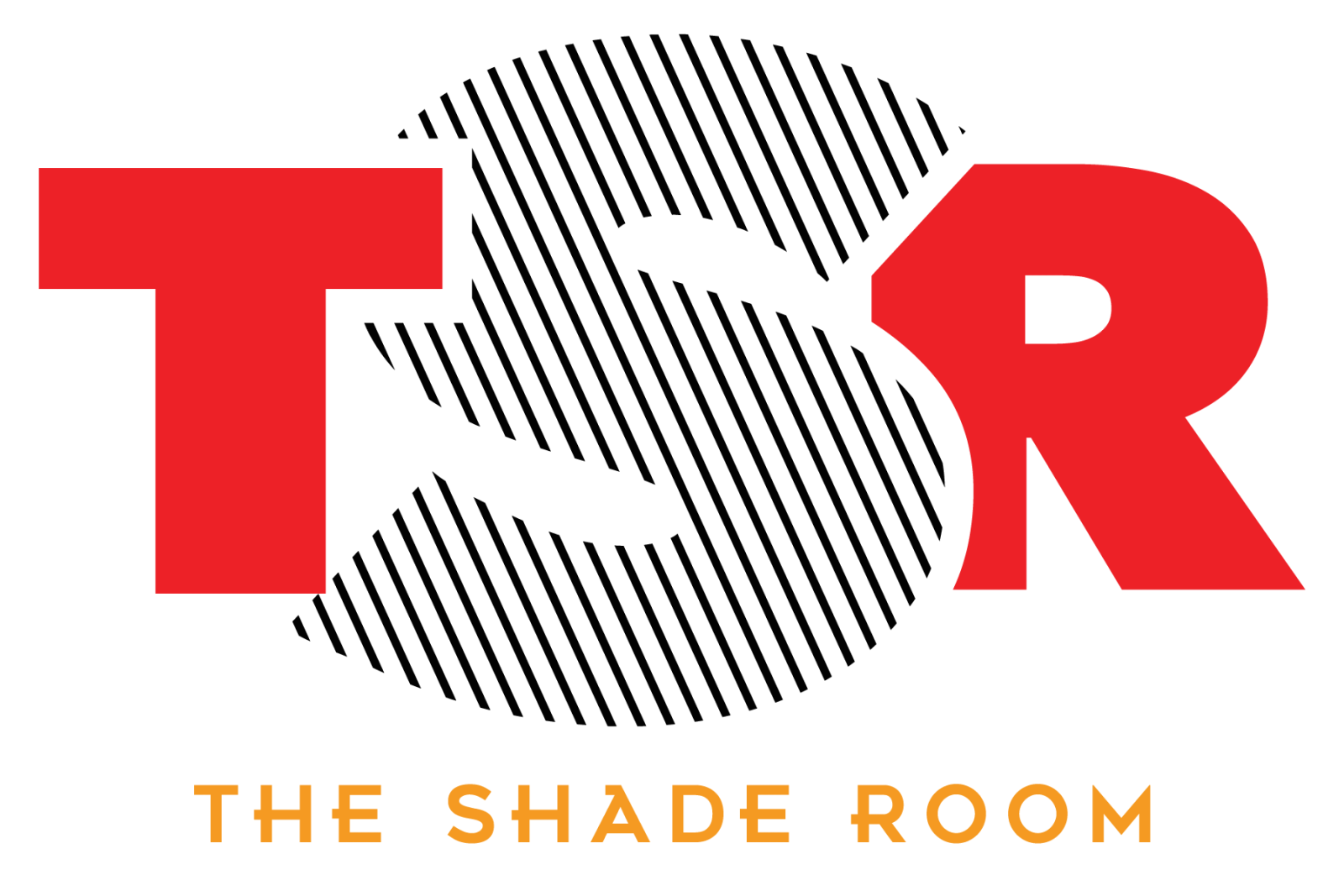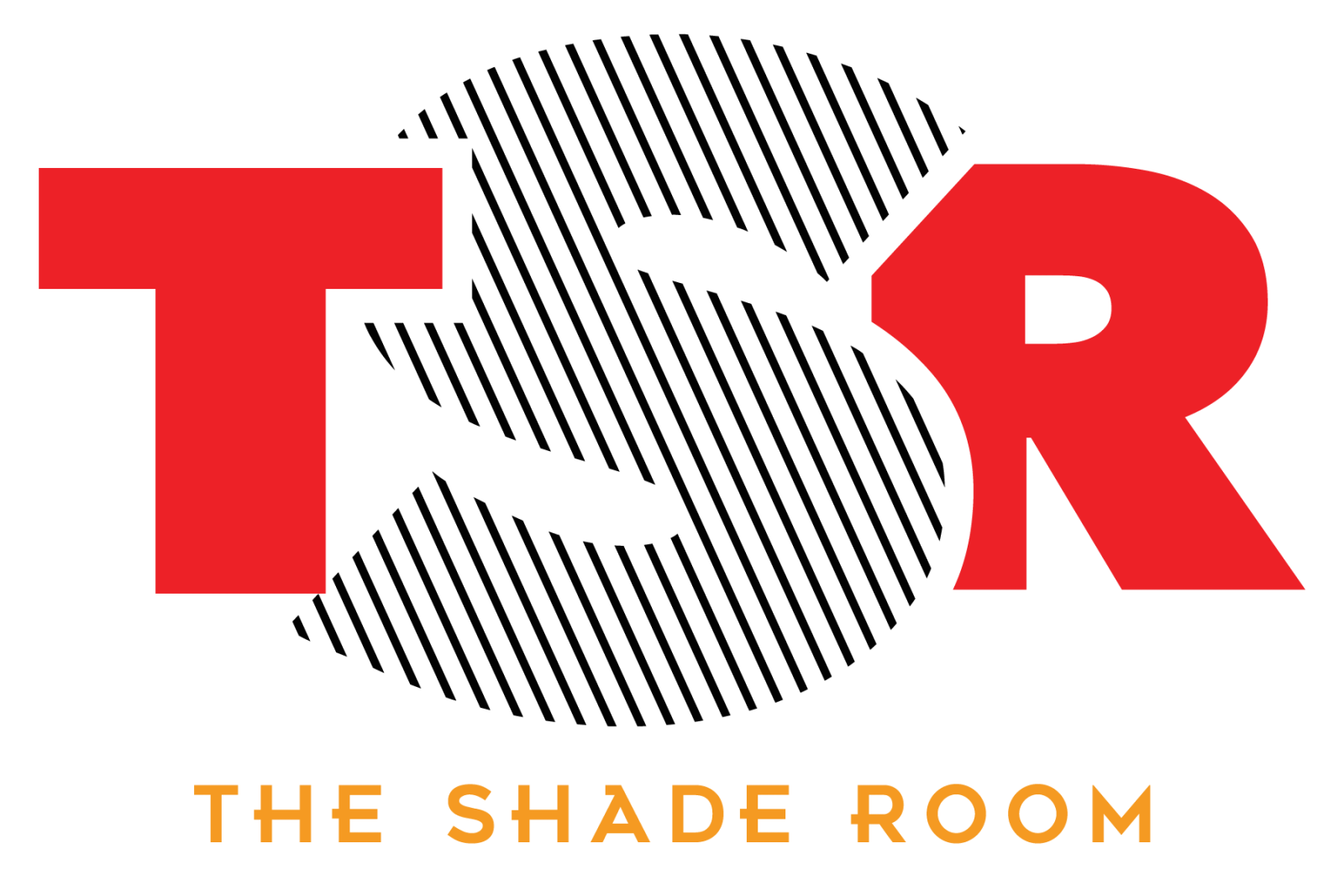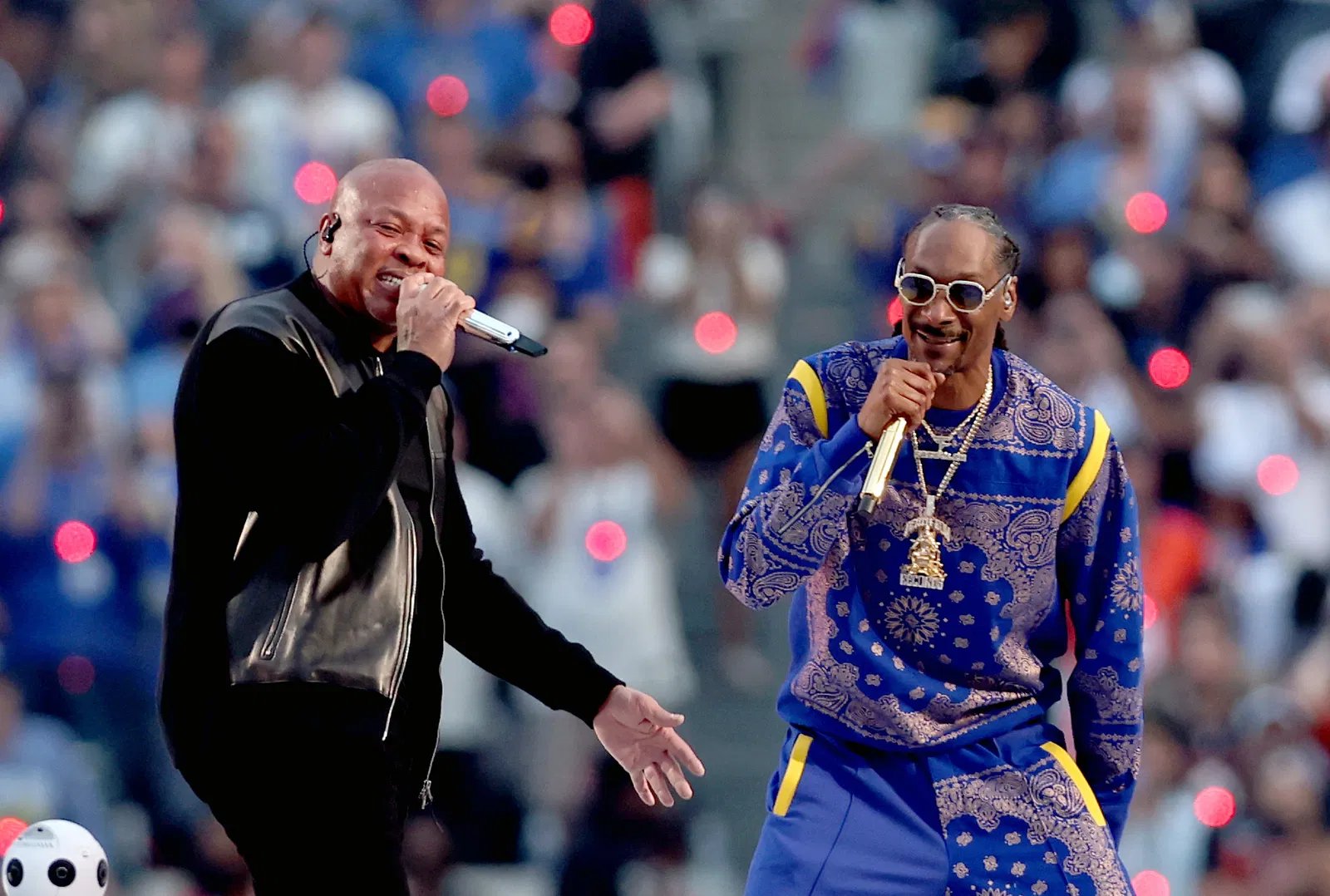FBI Cautions Android, IPhone Users To Encrypt Messages


December 5, 2024
The hacking campaign is one of the largest compromises of intelligence in United States history.
After an unprecedented cyber attack on telecommunications companies like AT&T and Verizon, officials are warning Android and iPhone users to use encrypted text messaging apps to communicate cross-platform.
Jeff Greene, executive assistant director for cybersecurity at the Cybersecurity and Infrastructure Security Agency, recommended that Americans download and use encrypted messaging.
“Our suggestion, what we have told folks internally, is not new here: Encryption is your friend, whether it’s on text messaging or if you have the capacity to use encrypted voice communication. Even if the adversary is able to intercept the data, if it is encrypted, it will make it impossible,” Greene told NBC News.
Added an unnamed senior FBI official, “People looking to further protect their mobile device communications would benefit from considering using a cellphone that automatically receives timely operating system updates, responsibly managed encryption and phishing resistant” authentication for their email, social media, and collaborative accounts.
According to NBC News, the hacking campaign is one of the largest intelligence compromises in United States history, and there is currently no timetable for the hackers’ expected expulsion from Verizon, AT&T, and Lumen Technologies’ telecommunications systems. Greene told reporters that it’s “impossible to predict a time frame on when we’ll have full eviction.”
According to WIRED, not all message encrypting platforms are created equal.
Signal, a platform used most prominently by activists and journalists to avoid sensitive conversations and data from being pounced on by outside forces, currently offers the strongest end-to-end encryption available to the public.
Signal’s encryption, otherwise known as the Signal protocol, is so strong that it serves as the basis for WhatsApp encryption and Facebook’s Secret Messenger encryption programming. However, unlike WhatsApp, Signal collects no data about its users that can be handed to the federal government.
According to NBC News, the hack was targeted to expose the metadata of users around Washington, D.C. Metadata contains information like phone numbers of a given phone contacted and when live calls of some specific targets, such as the presidential campaigns of now-President-elect Donald Trump and Vice President Kamala Harris, and Democratic Senate Majority Leader Chuck Schumer.
The hack also targeted systems used by the three named telecommunications companies in compliance with the Commission on Accreditation for Law Enforcement Agencies (CALEA), which lets law enforcement and intelligence agencies that possess court orders track citizens’ communications.
Intelligence organizations believe that the hack’s intent was not an attempt to influence the election outcome but was instead a massive increase in the scale of an old espionage tradition of the Chinese government: the attempt to gather intelligence on America’s politics.
According to the Federal Communications Commission, “CALEA is intended to preserve the ability of law enforcement agencies to conduct electronic surveillance while protecting the privacy of information outside the scope of the investigation.”
However, Sen. Ron Wryden (D-OR) a strident advocate for privacy, was critical of the federal government’s use of CALEA, telling NBC News, “Whether it’s AT&T, Verizon, or Microsoft and Google, when those companies are inevitably hacked, China and other adversaries can steal those communications.”
RELATED CONTENT: Jayson Tatum Looks To Invest In Potential WNBA Team In St. Louis










